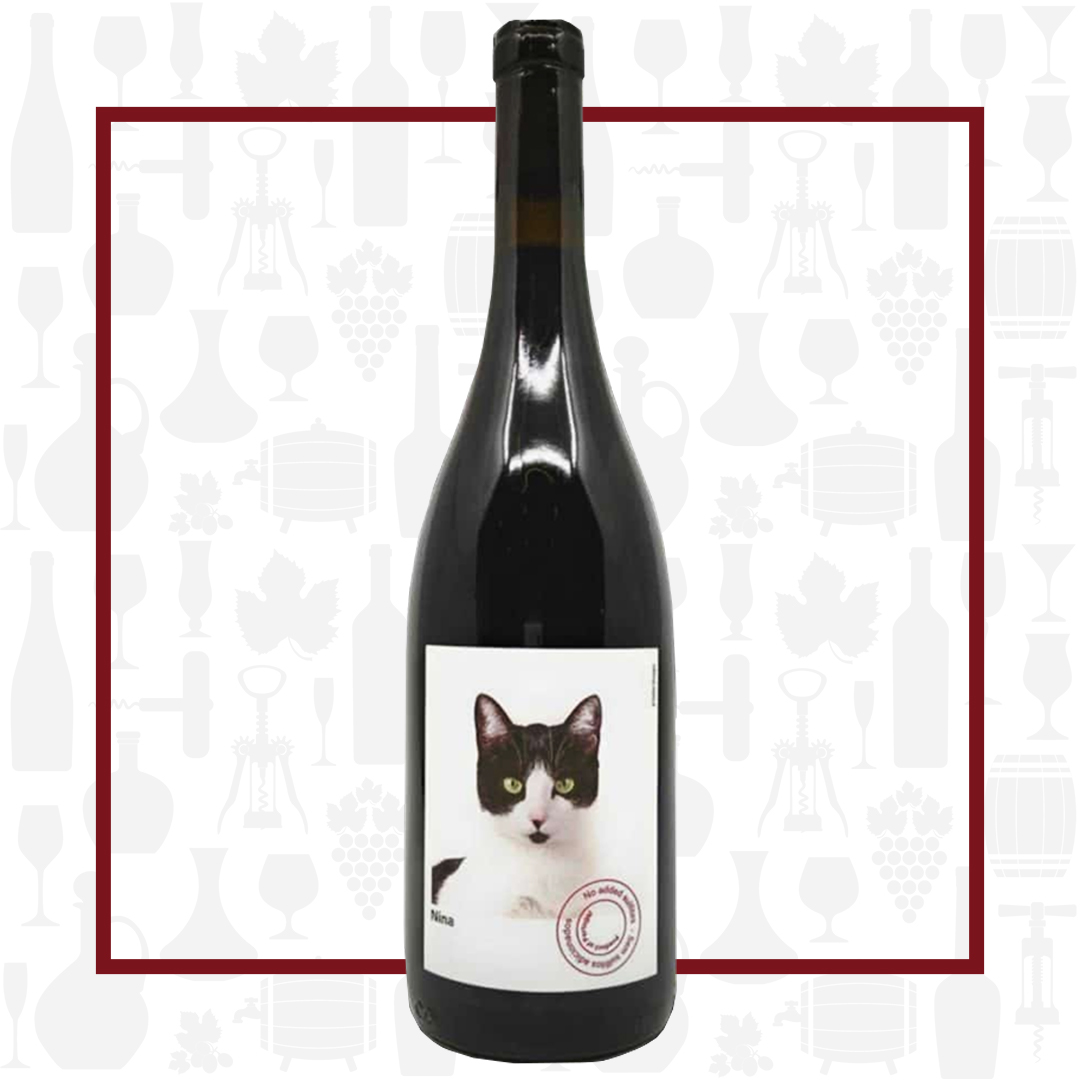Cellar Profile
Antonio Lopes Ribiero and Sara Dionisio left their steady jobs in the art world in Lisbon and moved back to Mouraz, Antonio’s birthplace where his family has had vineyards for many generations. The land had been farmed organically before, and that’s how Sara and Antonio wished to continue. Making wine in their tiny winery, adjacent to the local village church and just a stone’s throw away from the house Antonio was born in, they have deep generational ties to their village, Mouraz, and its terroir. In the cellar, there is a marriage of old and traditional, with modern approaches. Gentle pressings, natural yeast starters, long lees contact in the wine and minimal handling are the time-honored practices. Stainless steel tanks with temperature control and pneumatic presses represent the modern improvements. The results are clear: fresh and pleasurable wines with pure expressions of the older grape vines from which they were sourced and distinct transparency to the terroir they have grown up on.
Region
Perhaps surprisingly, only 5% of the Dão is under vine. Often planted in forest clearings and surrounded by mountains on three sides, the high elevations and relatively low temperatures here create a slower ripening process, resulting in wines of great acidic character. The region takes its name from the river, along which most of the vineyards are planted.
Vineyard
This 60-year-old vineyard is 100-400 metres above sea level and planted with both red and white grapes, predominantly Portuguese varieties. Farming is done biodynamically, with special care given to preserve the natural environment surrounding the vineyards.
Winemaking
All fruit – 20 different red and white grape varieties – is hand-harvested, mixed together in traditional Portuguese concrete lagares and foot stomped in the traditional, ancient method. The juice is fermented using wild yeasts and then stabilized with chestnut flowers, a technique pioneered by the owners, Antonio and Sara. The wine is bottled, unfined and unfiltered, young and fresh.
Varieties
A field blend of over 20 grapes, 50% white and 50% red, almost all of which are autochthonous to Portugal’s Dão region. Throughout the Old World, you’ll find vineyards planted with a scattershot of grape varieties, often with no record outlining what is where. Modern vineyards are almost always planted strategically in variety plots based on a number of factors. Grapes from field blends are usually picked together and co-fermented, a further point of difference from today’s practice of separate pick dates and fermentations.
Tasting Notes
Bright ruby red with orange flecks. The nose has aromas of raspberry, pomegranate, red licorice and green tea. The palate has a sweet-tart character, zesty acidity and evolved, silky tannins. It is slightly richer, and more clean and polished than previous vintages, but maintains that slight rusticity that makes it so endearing. Chill lightly and enjoy with Chouriço sausage or grilled sardines drizzled in olive oil.

